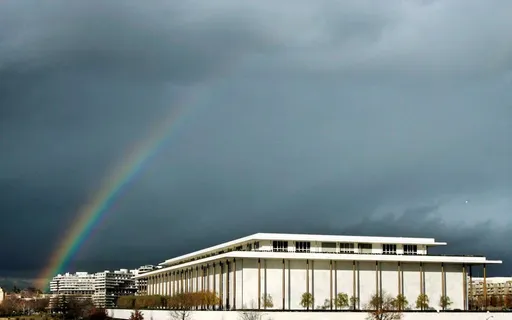Interpol has allowed Syria to access its communication network last week, a move that could expose the Syrian opposition in exile to the persecution at the hands of the Syrian regime, says a new report.
“Damascus has been granted access to the organization’s secure global police communications network,” Interpol’s press office told The New Arab on October 2.
Interpol, The International Criminal Police Organization, is the world’s largest police organisation fighting international crime and currently has 194 member countries. Its member countries are granted access to its databases and communicate with each other through the organisation’s channels.
It practically means the Syrian regime now can track down political dissidents and displaced people scattered around the world since the beginning of the war in 2011 and issue International arrest warrants called 'red notices'. Such warrants function as requests for member states to help arrest individuals that the regime wants to extradite.
The development met with widespread criticism.
“INTERPOL is bigger than the United Nations, so imagine the abilities that it gives to a non-democratic country in terms of persecuting its opponents,” Yuriy Nemets, a Washington DC-based attorney who specializes in representing victims of INTERPOL abuse, told the news organization.
“It is the worst nightmare possible,” one researcher at LSE's Conflict Research Programme, Mazen Gharibah said in reaction to the development, noting that it could also lead to deportation of Syrian refugees.
To prevent politically motivated arrest warrants, Interpol puts the red notice requests in a screening process. This system, however, was criticised for being flawed and enabling abuse.
“International organisations continue to report the abuse by some states of Interpol’s Notice System to persecute national human rights defenders, civil society activists and critical journalists in violation of international standards of human rights,” one European Parliament report on Misuse of Interpol’s Red Notices and impact on human rights noted in 2019.
Today, the member countries are still allowed to send “diffusions,” a less formal alert mechanism functioning as arrest warrants that are directly sent to a direct region without a screening process.
The police organisation's decision comes at a time when many European Union members, the United States and many other countries around the world are still hesitant to normalise relations with Syria while demanding its regime to end repression, release detainees, and engage in political settlement efforts.
A decade-old war has shattered the Syrian regime’s diplomatic standing globally, with tens of embassies remaining shut in the country. However, a few states have re-opened their embassies in the diplomatic capacity of charge d’affaires.
The majority of the world doesn’t recognise the regime as a legitimate actor and preserve the opinion that Syria is not safe for political dissidents and the return of refugees. Multiple reports by human rights and news organisations have reported arrests, deaths and disappearances among the Syrians who returned to the country’s regime-held territories.
“Damascus or Syria can’t be safe for anybody to return to Syria,” Omar Alshogre, the director of detainee affairs of Syrian Emergency Task Force, an NGO closely tracking down disappearances in Syria previously toldTRT World.
A former prisoner and torture survivor, Alshogre became means to build cases against top Syrian regime officials who the United States’s Caesar Act sanctioned.
He noted that the regime paid for the flight of another prominent activist, Mazen Hamada, promising him a safe return. Yet, his whereabouts have been unknown ever since he was picked up by the regime officials from Damascus Airport in 2019.
The development could essentially limit the travel of refugees as well as harming the asylum process of Syrian refugees.
























